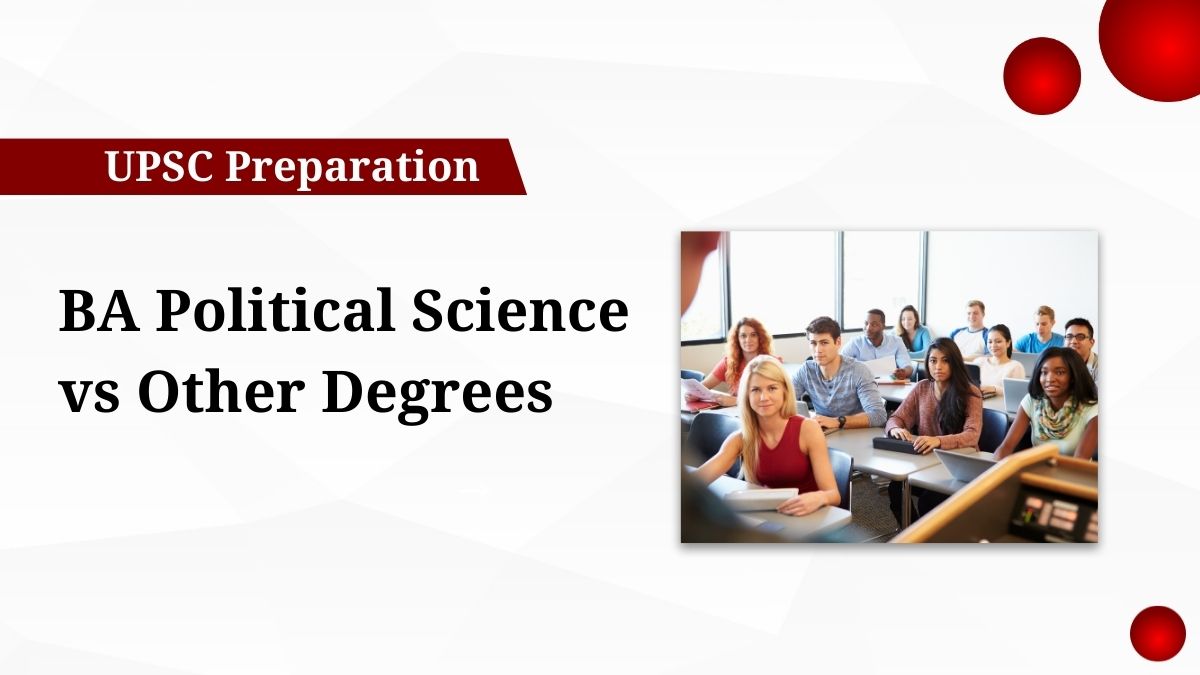Choosing a college is one of the most important decisions in life. It affects not just your studies, but also your future career, lifestyle, and financial situation. In India and many other countries, students often face the dilemma – Government College or Private College? Both have their advantages and disadvantages. Let’s compare them in detail.
1. Fees and Expenses – How Much Will It Impact Your Pocket
Government Colleges
- Low tuition fees due to government funding.
- Annual fees can range from ₹10,000 to ₹50,000 for engineering, compared to ₹1–3 lakh in private colleges.
- Scholarships and reservation benefits are widely available.
Private Colleges
- Generally higher fees, but may offer merit-based or need-based scholarships.
- Top-tier private colleges may provide world-class facilities and placements in return for higher fees.
2. Quality of Education – Whose Level is Better?
Government Colleges
- Varies widely: institutes like IIT, AIIMS, and IIM are world-class, while some smaller ones may lack modern infrastructure.
- Larger class sizes may reduce personal attention.
- Faculty often have strong research and academic backgrounds.
Private Colleges
- Smaller batches allow for more personal guidance.
- Often more industry-connected and quick to update curricula.
- Quality varies – top colleges excel, but some just award degrees without real value.
3. Campus Life and Facilities
Government Colleges
- Large campuses with sports grounds, hostels, libraries, and cultural events.
- Diverse student community from across the country.
Private Colleges
- Modern infrastructure, high-tech classrooms.
- Focus on international exchange, industry visits, and clubs.
- Often provide a close-knit, personalised environment.
4. Career and Placement Opportunities
Government Colleges
- Top institutes (IIT, NIT, AIIMS) have excellent placements and industry connections.
- Degrees carry weight in both government and private sectors.
Private Colleges
- Active placement cells with strong corporate networks.
- Lead in niche areas like design, hotel management, and media.
- Some attract direct recruitment from multinational companies.
5. Reputation and Accreditation
Government colleges generally have long-standing credibility. Some private colleges also have strong reputations and international rankings, but quality varies – research before applying.
6. Flexibility and Specialisation of Courses
Government Colleges
- Wide range of traditional courses (engineering, medical, arts, management).
- Slower adoption of new-age subjects due to bureaucratic processes.
Private Colleges
- More agile in introducing in-demand courses like AI, digital marketing, and cybersecurity.
- Better suited for niche specialisations.
7. Key Considerations Before Deciding
- Budget: Can you afford higher fees?
- Career Goal: Government job or corporate career?
- Learning Style: Large classes vs small, interactive batches?
- Location: Will you have to relocate?
- Rankings & Placements: Check official placement data and industry connections.
8. Conclusion – Which is Right for You?
If you are on a budget and can perform well in entrance exams, a government college offers excellent value and credibility. If you want modern facilities, industry exposure, and niche specialisations, and can afford the fees, a private college may be a better fit.
Simple Formula:
- Budget + Competitive Score = Government College
- Specialisation + Personal Attention = Private College









